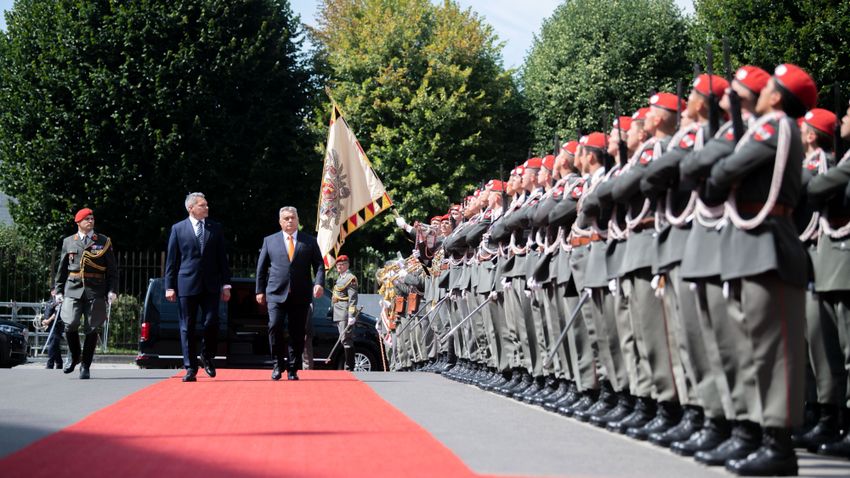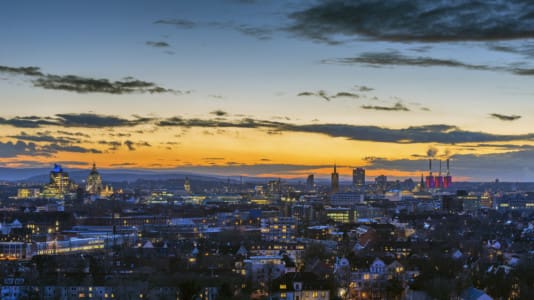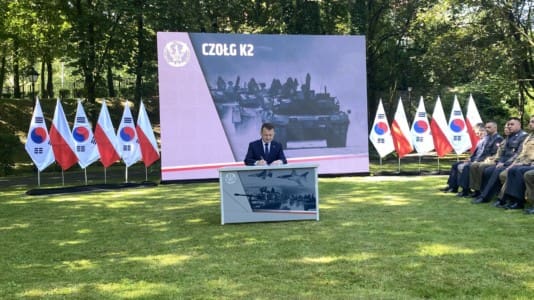Hungarian Prime Minister Viktor Orbán visited Vienna on Thursday for talks with Austrian Chancellor Karl Nehammer during which the Russo-Ukrainian war, sanctions, illegal immigration, and Orbán’s recent speech in Tusványos were discussed.
In a joint press conference following the conclusion of the talks, Orbán told reporters that while some points of disagreement remain, the two neighbors remain great allies and share the common problems of migration control and dependence on natural gas.
Nehammer also praised the “deep friendship” between the two nations and stated Hungary is an important geo-strategic partner for Austria.
He also shared the Hungarian prime minister’s opinion that the European Commission makes many announcements but implements little, and reiterated Orbán’s dismissal of any plans by Brussels to impose an embargo on Russian gas.
“The Austrian position is clear, a gas embargo is not possible,” Nehammer told reporters, explaining that because Austrian and German industry are highly dependent on Russian gas, a shortage in gas could lead to mass unemployment.
Karl Nehammer also called the stand in favor of Ukraine important, and he saw no deviation from the Hungarian side. In his opinion, it is unacceptable for an invading force to attack an independent country.
Orbán, pointing out that the two neighbors can continue to count on each other, admitted that the use of nuclear energy is an issue where differences remain, given that mountainous Austria’s natural conditions allow for the extensive use of hydroelectric power.
“This debate will remain, but we will strive for cooperation and offer mutual safety guarantees,” Orbán said” while also stressing that Hungary cannot abandon nuclear energy.
He also said that as the effects of the war in Ukraine are pushing the European economy towards recession, a fundamental policy shift is required.
“If we continue on the current path, it will be a big problem. The first signpost and milestone of this is the current common European restriction on energy usage. It’s a warning sign, we have to take it seriously,” Orbán said
“Hungary has been able to reach an agreement with the EU on all sanctions issues, but now we have reached a wall, the gas embargo, and we recommend to the Union not to bump into this wall,” he added.





